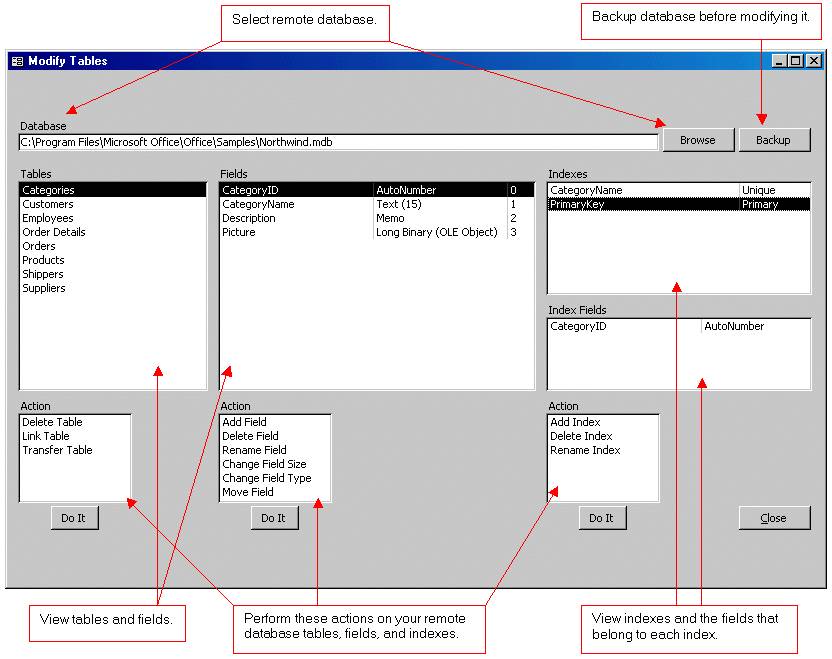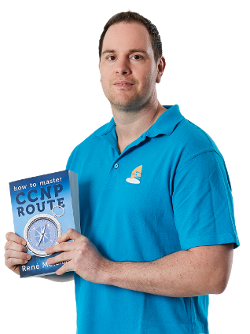Happiness is something we think about a lot at Buffer.
It’s been part of our culture from the very beginning — so much so that we even have slide decks from 2013 dedicated to it. While our values have evolved since then, the focus on cultivating happiness still runs through everything we do today.
No surprise, then, that we’ve spent time exploring what science can teach us about how to be happier. My main takeaway from what the research has revealed is that happiness doesn’t have to be a mysterious, far-off goal. Small, science-backed changes can genuinely make life feel a little lighter — starting today.
In this post, I’ve gathered 15 research-backed strategies on how to be happy — some surprising, most refreshingly simple.
Think of it as a friendly guide for sprinkling a bit more joy, gratitude, and positivity into your day.
Jump to a section:
- 1. Exercise — even 10 minutes is enough
- 2. Sleep more — you'll feel like you've won the lottery
- 3. Move closer to work or work from home
- 4. Spend time with friends and family
- 5. Get outside somewhere greenish
- 6. Help others to help yourself
- 7. Practice smiling — it can alleviate pain
- 8. Plan a trip
- 9. Take time off and learn how to be happy away from work
- 10. Meditate — rewire your brain for happiness
- 11. Practice gratitude to increase both happiness and life satisfaction
- 12. Disconnect to reconnect
- 13. Invest in your relationships
- 14. Stay in the moment satisfaction
- 15. Tailor this list for YOUR best advice
- What makes you happy?
- More self-improvement resources
1. Exercise — even 10 minutes is enough
“Run it out” is one of my mottos. It’s amazing how, even when I don't feel like it — in fact, especially when I don’t feel like it — getting out on a run helps me reset and feel better about whatever I’m struggling with. And it’s not just me; it’s science.
Research suggests that regular exercise in your daily life has positive effects, both on your physical and mental health, and can play a role in helping you find happiness.
Getting moving triggers the release of more happiness hormones, serotonin and dopamine. On top of that, exercise increases your heart rate, which in turn pumps more oxygen to your brain. A well-oxygenated brain is as great as it sounds — many studies have found that this can help improve cognition, and manage stress, anxiety, and depression, too.
In Shawn Achor's book, The Happiness Advantage, he cites a fascinating study in which three groups of patients treated their depression with either medication, exercise, or a combination of the two. The results of this study surprised me. Although all three groups experienced similar improvements in their levels of joy to begin with, the follow-up assessments proved to be radically different:
"The groups were then tested six months later to assess their relapse rate," Achor writes. "Of those who had taken the medication alone, 38% had slipped back into depression. Those in the combination group were doing only slightly better, with a 31% relapse rate. The biggest shock, though, came from the exercise group: Their relapse rate was only 9%."
Exercise can help you relax, increase your brain power, and improve your body image. A study in the Journal of Health Psychology found that people who exercised felt better about their bodies, even when they saw no physical changes. Paired with a healthy diet, it can be incredibly powerful.
The best part is that you don’t need to commit to a miles-long run or strenuous HIIT class every day to have a happy life — just 10 minutes of movement a day has been proven to be enough to boost happiness levels, according to The Journal of Happiness Studies.
📝 Action step
Recommended Story For You :

Organize Keywords and Import CSV Files from the Google Keyword Planner

The Most Affordable And Easiest User Friendly Page Builder You Will Ever Use!

Instant WordPress Theme That Matches Your Website

Wizard to Manage Remote Backend MS Access Database Tables Fields and Indexes

If you had an aisle-by-aisle grocery list wouldn't you spend less money on impulse items?

everything you need to create a professional corporate look mini-site is there.

Unlock Your Networking Potential with GNS3Vault

Viper Cache Was 77% Faster Than The Competetion

Understanding Stock Market Shorting eBook

Creating your first programming language is easier than you think.
Related Posts

Technical Analysis: 4 Stocks with signs of death crossovers to keep an eye on

HDFC Bank & 3 other fundamentally strong stocks trading above 200 DMA to keep an eye on

Falling Channel Breakout: Multibagger NBFC Stock Shows Bullish Momentum on Daily Chart

4 Fundamentally strong stocks to buy for an upside potential of up to 36%; Do you hold any?

